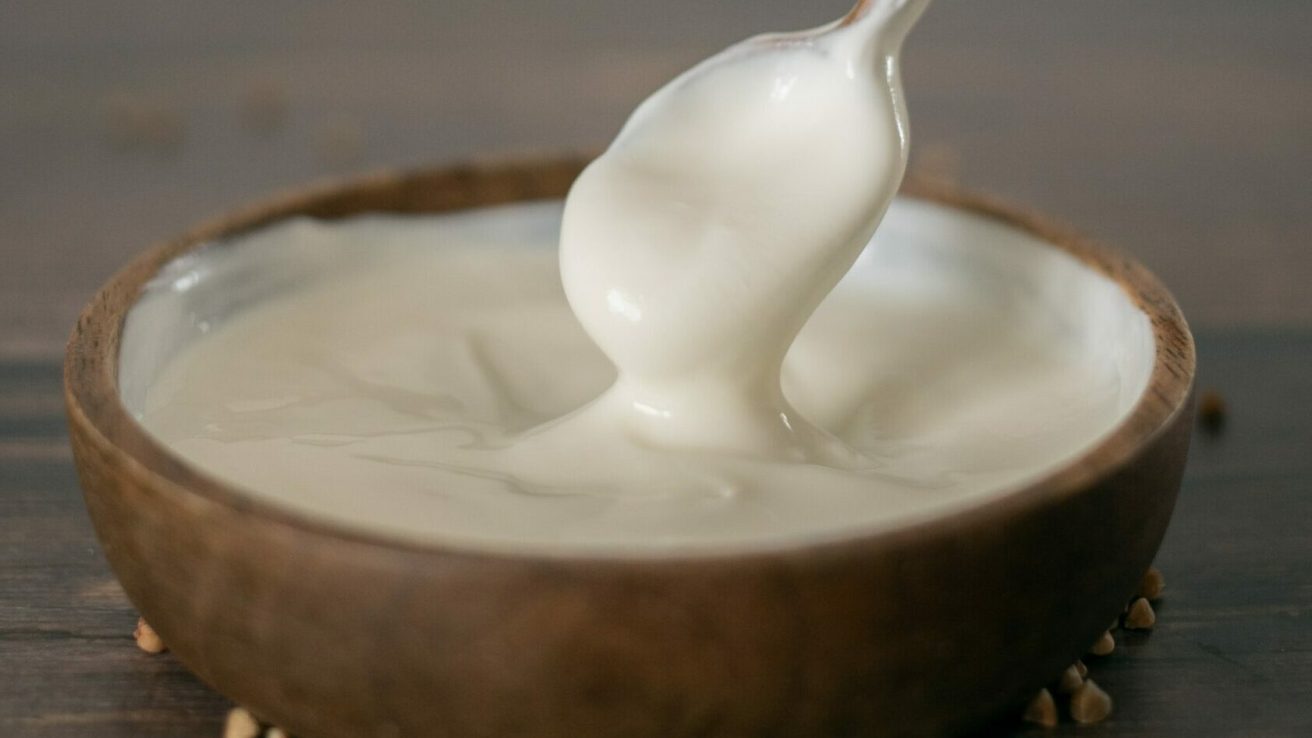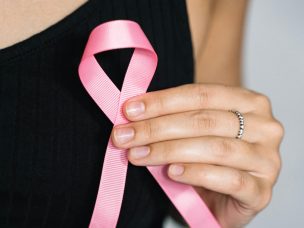A systematic review investigated the relationship between dairy product consumption and breast cancer risk, which remains a subject of controversy in the medical field. The review concluded that, in most studies, dairy intake was inversely associated with the risk of breast cancer.
- Dairy consumption was found to be inversely associated with the risk of developing breast cancer in most studies.
- The effects of different types of dairy products and potential dose–response relationships on breast cancer risk are still unknown.
- Greater understanding of breast cancer risk associated with dairy consumption may inform decision-making in public health policy and preventive strategies.
- Both pro- and anti-carcinogenic effects have been observed with dairy products, requiring further studies for a conclusive understanding.
Breast cancer (BC) is the most common and deadly cancer in women globally. With over 2.3 million women diagnosed in 2020, understanding the modifiable aspects of lifestyle, such as diet, that could potentially mitigate BC risk is of paramount importance. Dairy products, a staple in many diets, have displayed inconsistent associations with BC risk across different studies, prompting this systematic review.
Diverse Studies, Diverse Findings
A systematic review published in the journal Annals of Medicine examined English publications from January 2008 to January 2022, using databases like SCOPUS, PubMed (MEDLINE), Cochrane, Google Scholar, and ScienceDirect. Of the 82 articles identified, only 18 met the inclusion criteria and were analyzed, including nine prospective, seven retrospective, and two cross-sectional studies.
The Complex Role of Dairy Products in Breast Cancer Risk
Among the selected studies, dairy consumption was inversely and significantly associated with the development of BC in 6 studies, while a positive relationship was reported in one study and no association was found in five studies.
Several factors, including the type of dairy product consumed, the fat content, and potentially harmful contaminants, could influence the relationship between dairy intake and BC risk. Dairy products are rich in calcium, vitamin D, and conjugated linoleic acid, which can inhibit tumor development, while high-fat dairy products could potentially increase BC risk due to saturated fats and contaminants like pesticides, estrogen metabolites, and growth factors.
The review also highlights the need for a standardized approach to classify dairy product intake, as current variations in reported consumption levels across populations hinder a fair comparison across studies.
The Need for Further Research and Implications for Public Health
Despite intriguing theories linking dairy consumption to breast cancer risk, the current epidemiological research does not support a strong association. However, given the inconclusive nature of the evidence and the potential public health implications, further research is necessary to understand the relationship better.
Source:
Arafat, H. M., Omar, J., Shafii, N., Naser, I. A., Laham, N. a. A., Muhamad, R., Al-Astani, T. a. D., Shaqaliah, A. J., Shamallakh, O. M., Shamallakh, K. M., & Abusalah, M. a. H. (2023). The association between breast cancer and consumption of dairy products: a systematic review. Annals of Medicine, 55(1). https://doi.org/10.1080/07853890.2023.2198256










